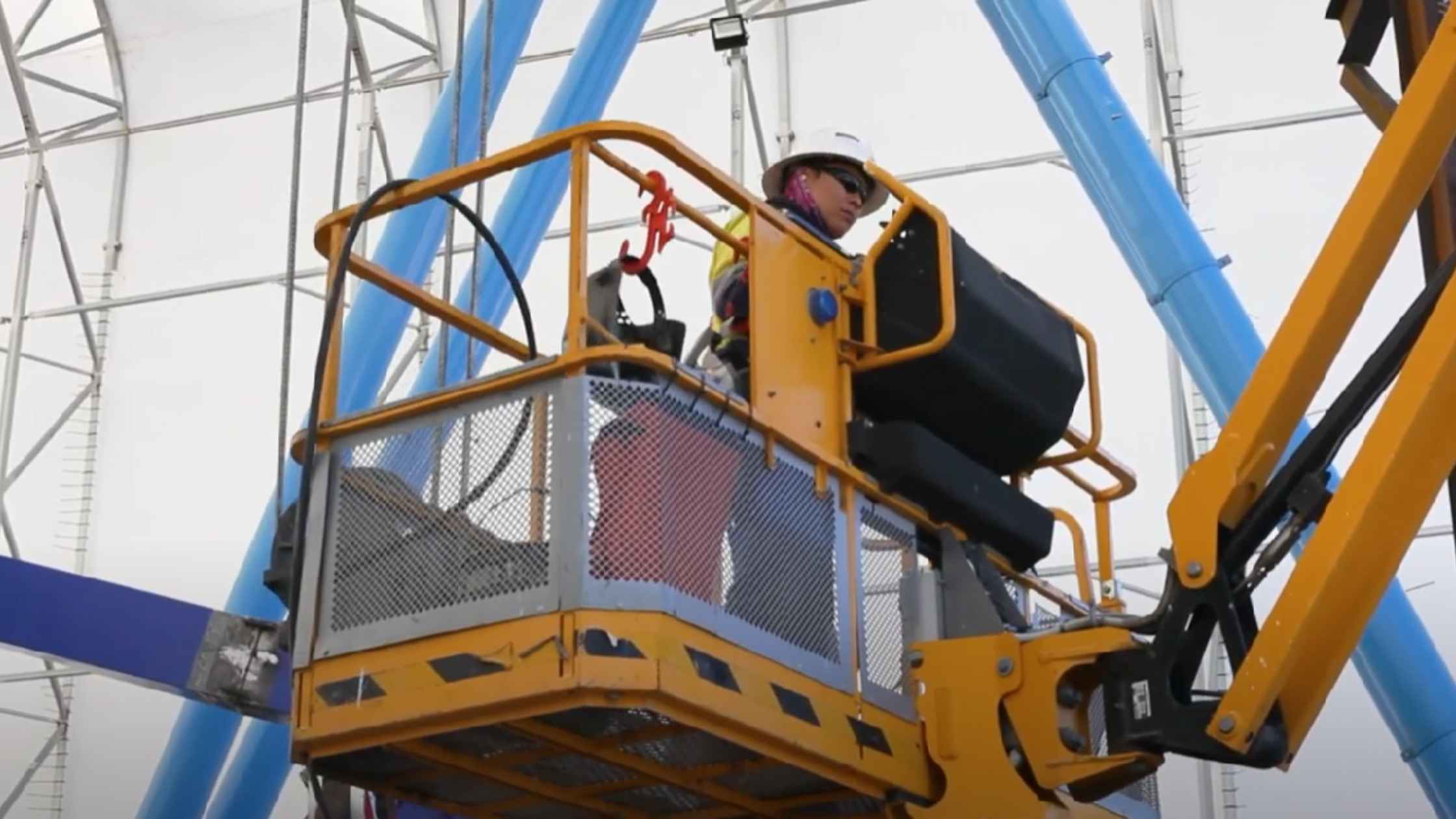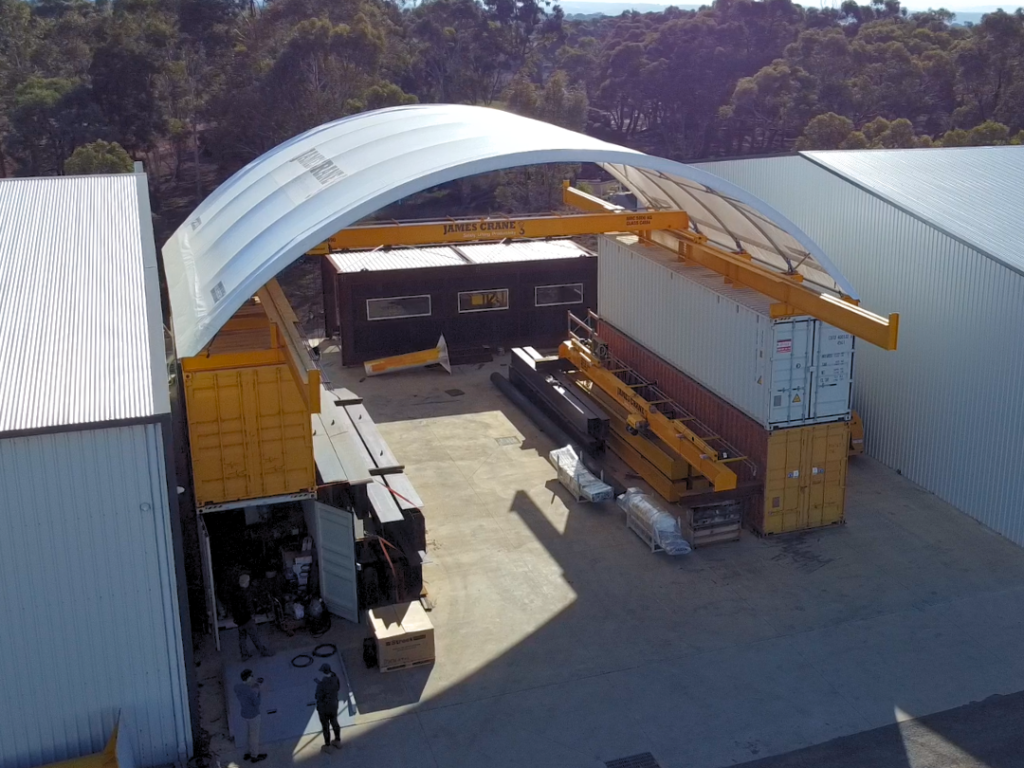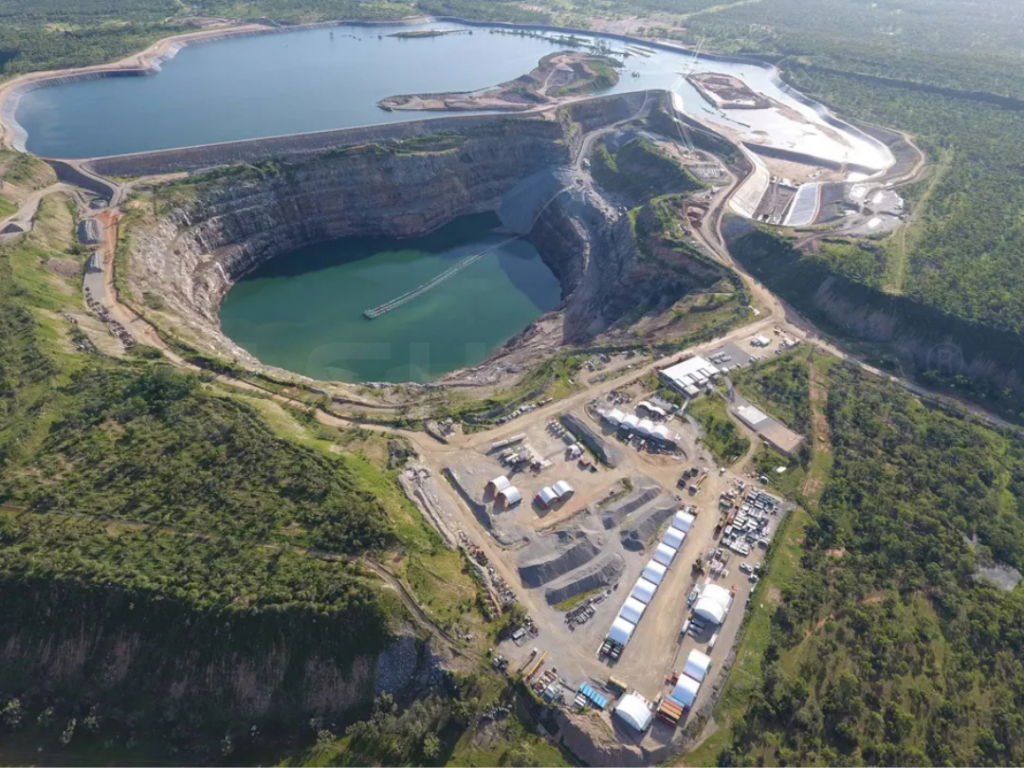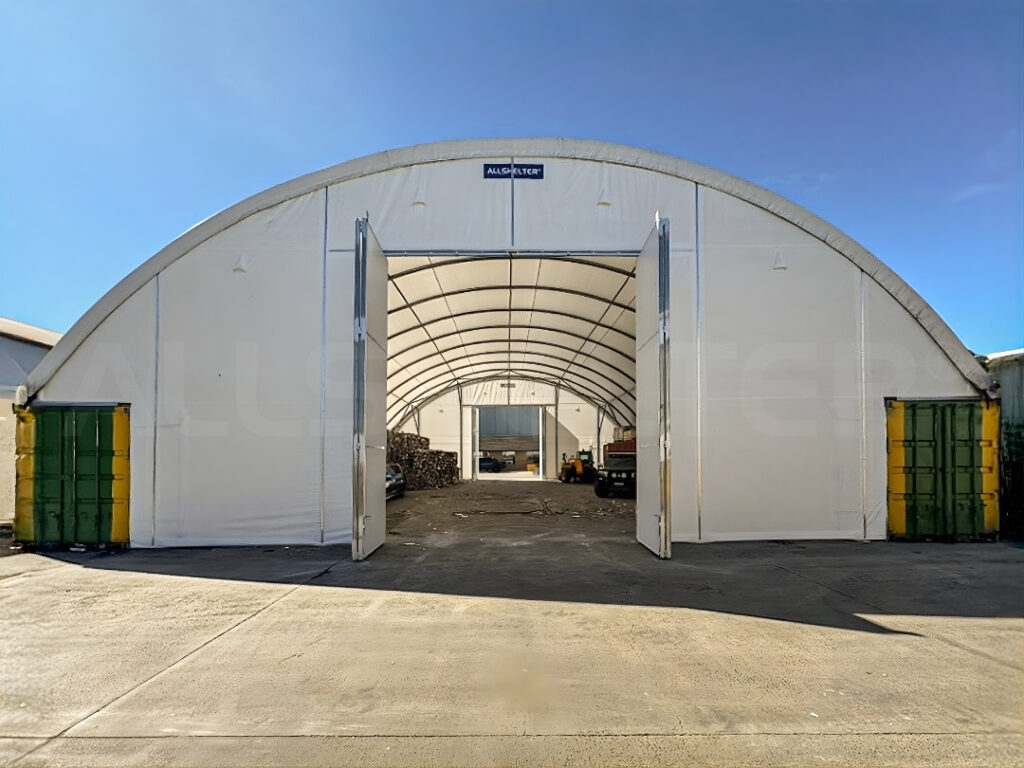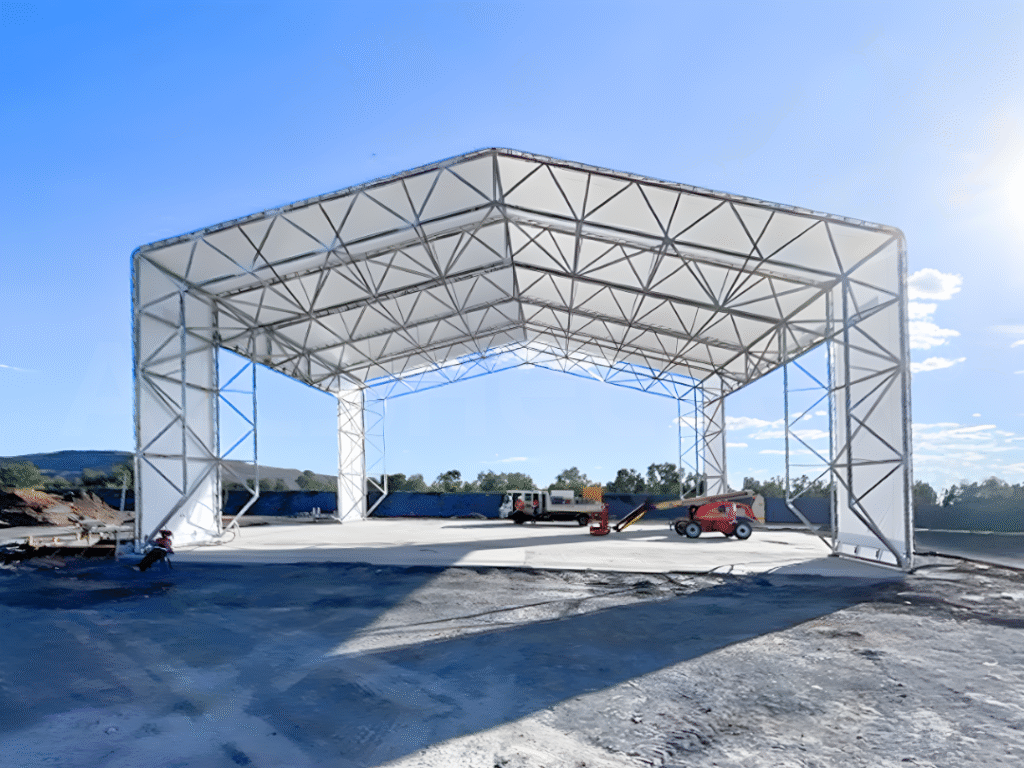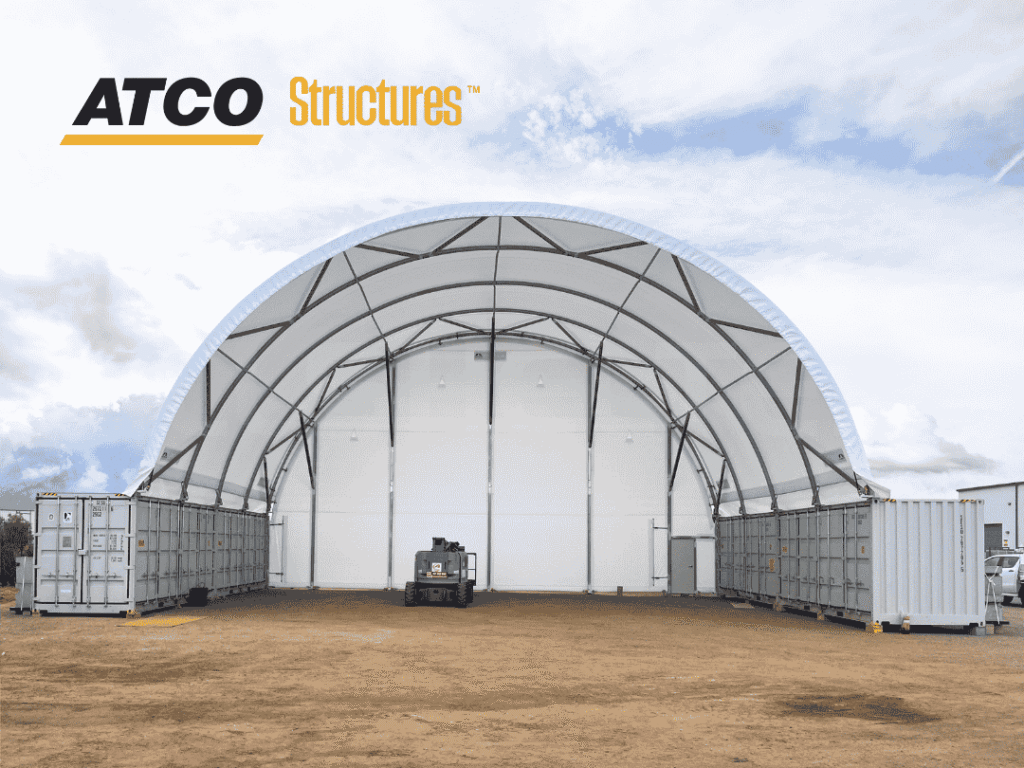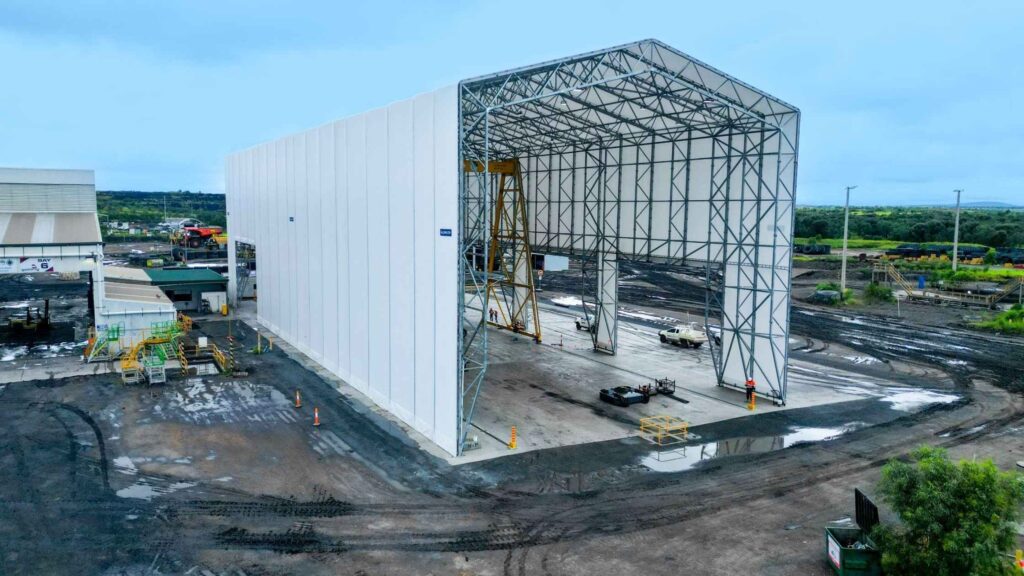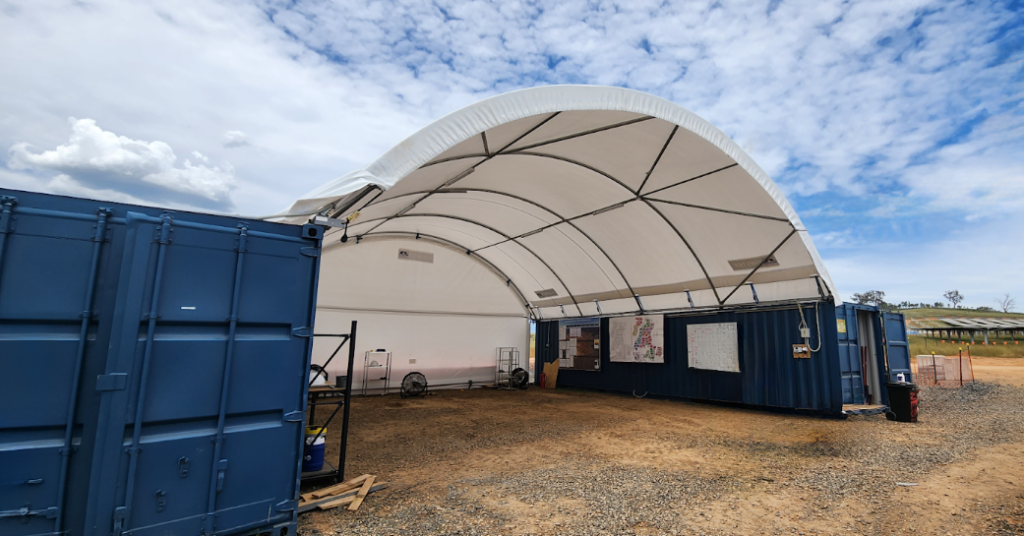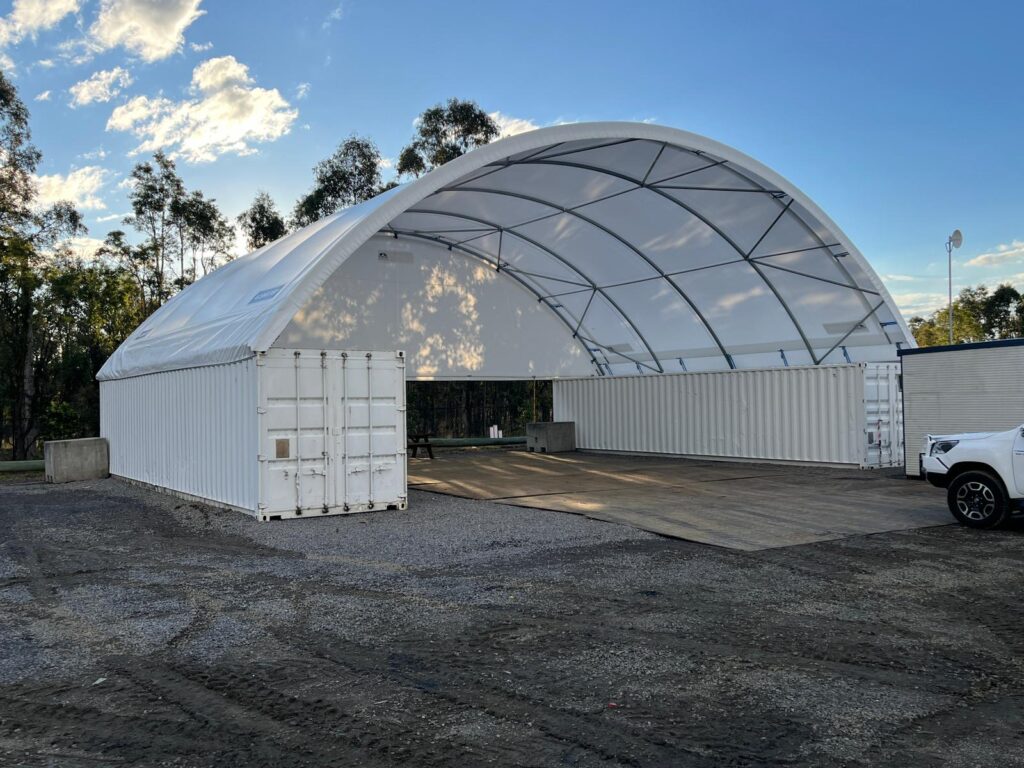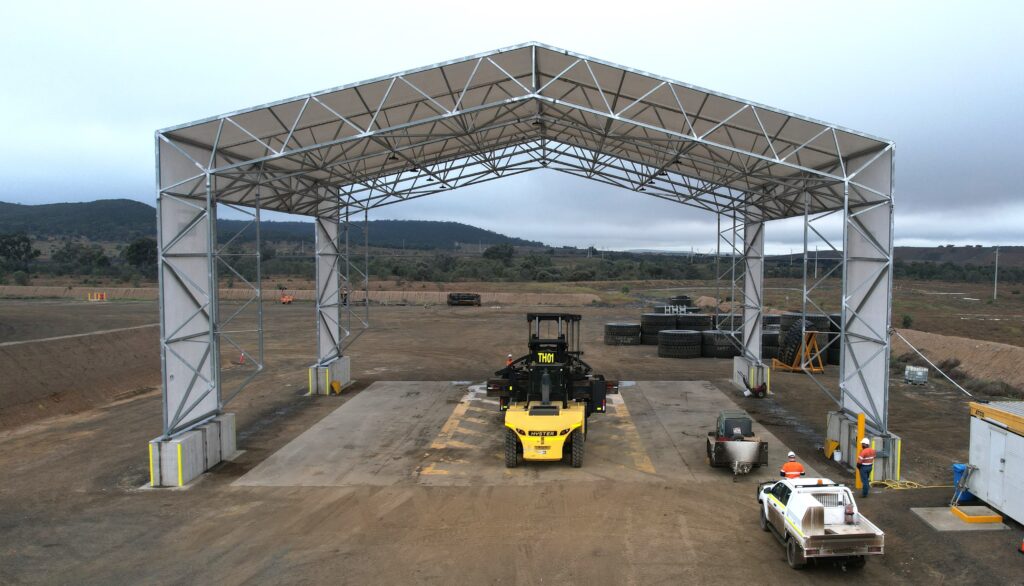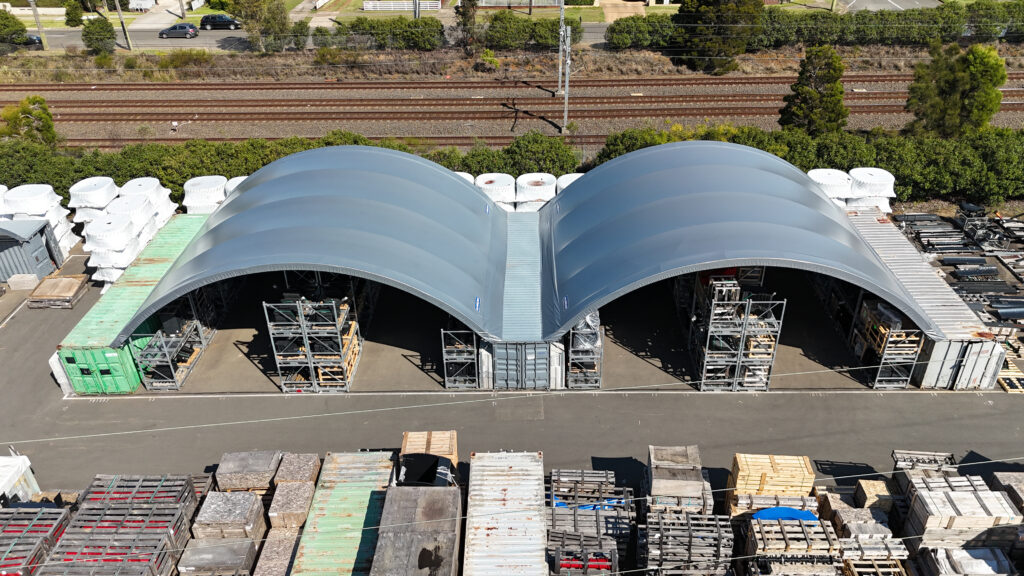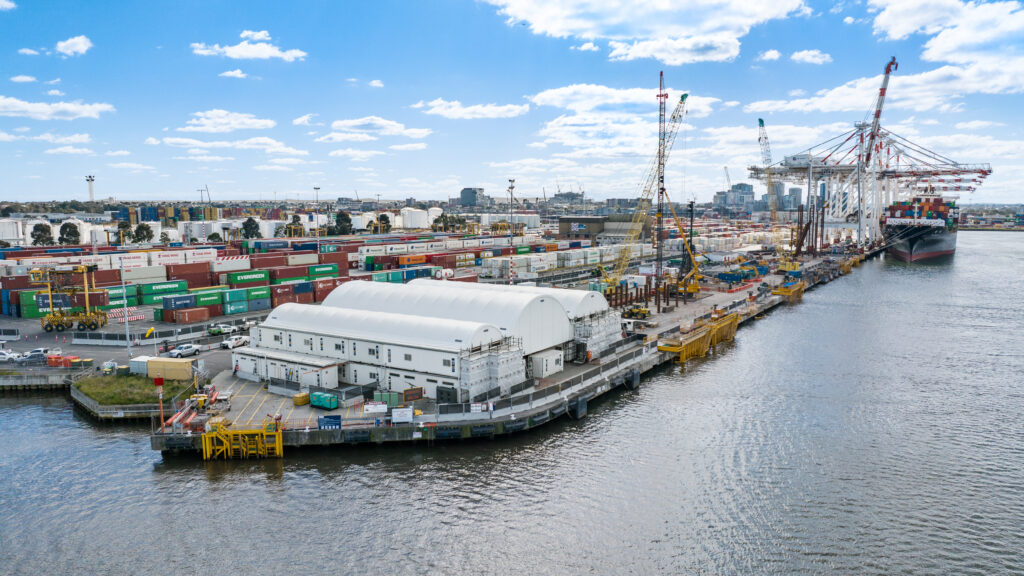The fabric shelter industry grew rapidly in Australia, owing to skyrocketing demand in the mining, industrial, and construction sectors. Best characterised by their robust, adaptable, and easily installable features, these shelters offer excellent defence against all weather conditions and operational flexibility that exceeds others. As with other durable investment types, regular attention is required to maximise life and protect structural integrity.
This blog examines the necessary treatment needs for fabric shelters, from regular inspections to specialised care recommendations.
Why Maintenance Matters for Fabric Shelters
Fabric shelters are standard features of wear from the environment blazing sun, corrosive dust, high winds, and extreme temperatures. Prolonged exposure to them will put a lot of stress on the tensioned fabric membrane and the steel framework that supports it.
Lack of regular maintenance leads to minor problems that can lead to serious structural faults, safety hazards, or warranty abandonment. A regular inspection schedule and minimal care practices will greatly increase the lifespan of your Allshelter.
Key Components That Require Regular Maintenance
Maintenance for fabric shelters generally falls into two categories:
- Structural Steel Frame Maintenance
- Tensioned Fabric Cover Maintenance
Each component requires a different approach, which we’ll explain below.
Structural Steel Frame Maintenance
The steel frame is the backbone of your shelter. While built to last, it needs occasional care to prevent corrosion, ensure component stability, and uphold safety standards.
Periodic Inspections
An annual inspection should be conducted by a competent person, focusing on:
- Nuts and Bolts: Ensure all fasteners are seated correctly and tightened as needed.
- Braces and Cables: Inspect for tightness and secure attachment.
- Protective Coating: Look for rust, flaking, or any signs of coating breakdown.
- Cracks or Damage: Any physical damage must be reported to Allshelter immediately.
- Frame Alignment: Check that the structure is level and seated correctly.
- Fabric Abrasions or Rubbing
Special Inspections
In addition to annual checks, special inspections are necessary after:
- Seismic activity
- Fires
- External impacts (like vehicle collisions)
- Severe wind or weather events
These inspections ensure no hidden damage has compromised the structure’s integrity.
Steel Cleaning & Coating Touch-Ups
To maintain the protective coating, clean the frame every 24 months:
- Use a soft sponge or brush.
- Apply a general-purpose detergent with water (as per manufacturer instructions).
- Rinse and dry thoroughly.
If corrosion is spotted:
- Remove loose coatings via power tool or hand sanding.
- Abrade 10mm beyond the damage zone to ensure paint adhesion.
- Clean and dry the area.
Apply three coats of Zinc Rich Cold Galvanising Paint with proper drying between coats.
Fabric Cover Maintenance
The tensioned membrane is what shields your people and equipment from the elements. It needs to remain taut, free of wear, and securely fixed.
Periodic Inspections
Annual checks should look for:
- Tensioning and Fixing Points: Ensure ratchets and tie-offs remain tight.
- Signs of Misuse or Alteration: Look for damage caused by human error or unexpected load stress.
- Surface Wear: Inspect for tears, abrasions, and punctures.
- Chemical Exposure: Harmful substances can degrade the fabric faster.
- Excessive Pressure Points: Ensure that no part of the cover is bearing unnecessary tension.
Special Inspections
Just like the frame, fabric should be checked following:
- Earthquakes
- Fires nearby
- Heavy external impacts
- Extreme windstorms
Note: Allshelter advises maintaining detailed inspection records. This documentation is essential for validating warranty claims and ensuring any required corrective measures are implemented promptly.
Common Issues and How to Prevent Them
Here are a few typical maintenance issues and how to avoid them:
1. Loose or Missing Fasteners
Regular vibration or thermal expansion can loosen bolts. Routine inspections can help you catch and tighten them before they compromise stability.
2. Rust or Corrosion on Steel
Even with high-quality galvanising, environmental exposure can lead to corrosion over time. Cleaning and touch-up painting are essential to prevent structural weakening.
3. Fabric Tears and Holes
Sharp edges, high friction, or poor tensioning can cause tears. Immediate repair is critical to prevent further damage. Keep a patch kit or seek Allshelter’s support for professional restoration.
4. Fabric Sagging
The fabric could be sagging and, therefore, supporting. If such occurrences of sagging are contrived without immediate repair of the fault, it usually leads to water pooling or quickened wear status.
Maintenance Benefits: More Than Just Protection
Consistent maintenance yields numerous advantages which go beyond warranty conditions:
- Protection: Safeguarded from accidents caused by weakened frames or loose components.
- Cost-effective: Minimises the chances of expensive repairs or replacements.
- Prolongation: Your investment will perform well for years.
- Compliance: Most sites require checks of the integrity of shelters by WHS and insurance.
Best Practices for Long-Term Shelter Care
Here are a few golden rules that apply to a long-lasting shelter performance:
- Make a Maintenance Schedule: Perform annual inspections and post-event inspections.
- Document Everything: Date and record findings and repairs carried out.
- Use Competent Persons: Skilled workers must carry out inspections and maintenance.
- Keep in Touch With Allshelter: Notify the team if anything seems unusual.
Final Thoughts: Keep Your Allshelter Performing Like New
While designed for extreme weather conditions, Allshelter fabric shelters build up to the brand statement for any high-performance permanent building. By following the outlined inspection protocols and promptly addressing any issues, you’ll enjoy many years of reliable, safe sheltering—no matter how tough the Australian conditions get.
Whether you use your shelter for mining, agriculture, construction, or storage, regular maintenance ensures peace of mind and maximises ROI.
Need Expert Shelter Support?
For your maintenance guide, touch-up product suggestions, and consultation, contact our team today.
📞 1800 908 888
📧 sales@allshelter.com.au
🌐 www.allshelter.com.au
